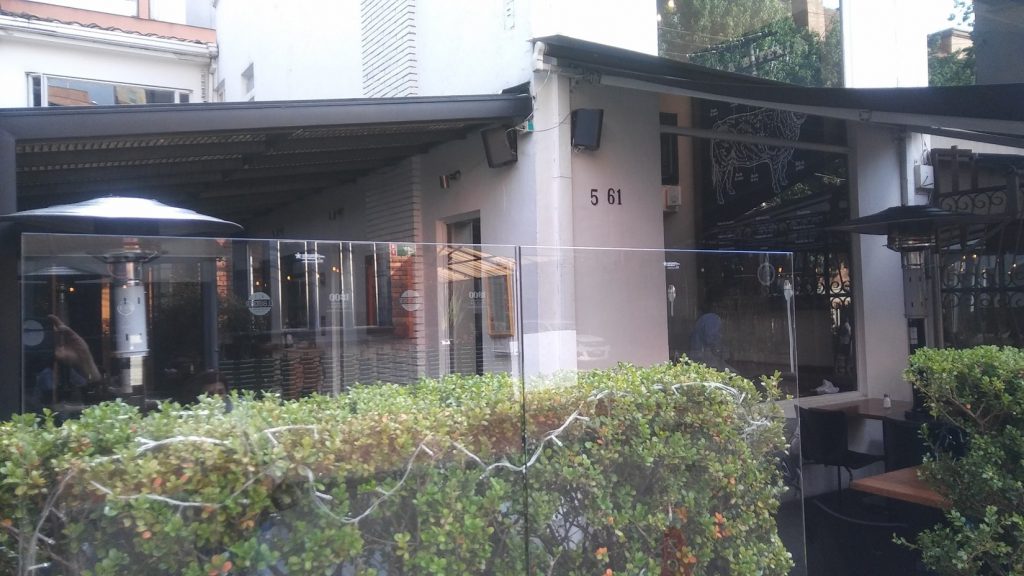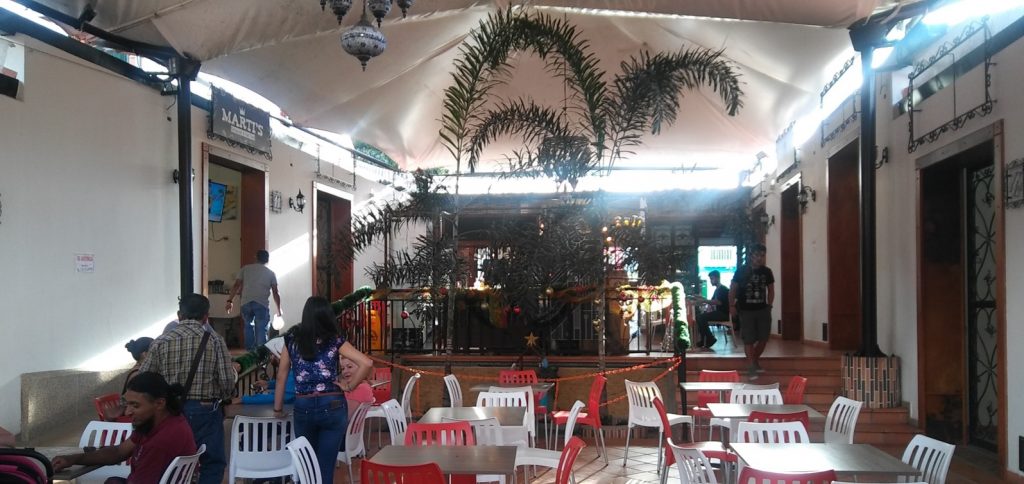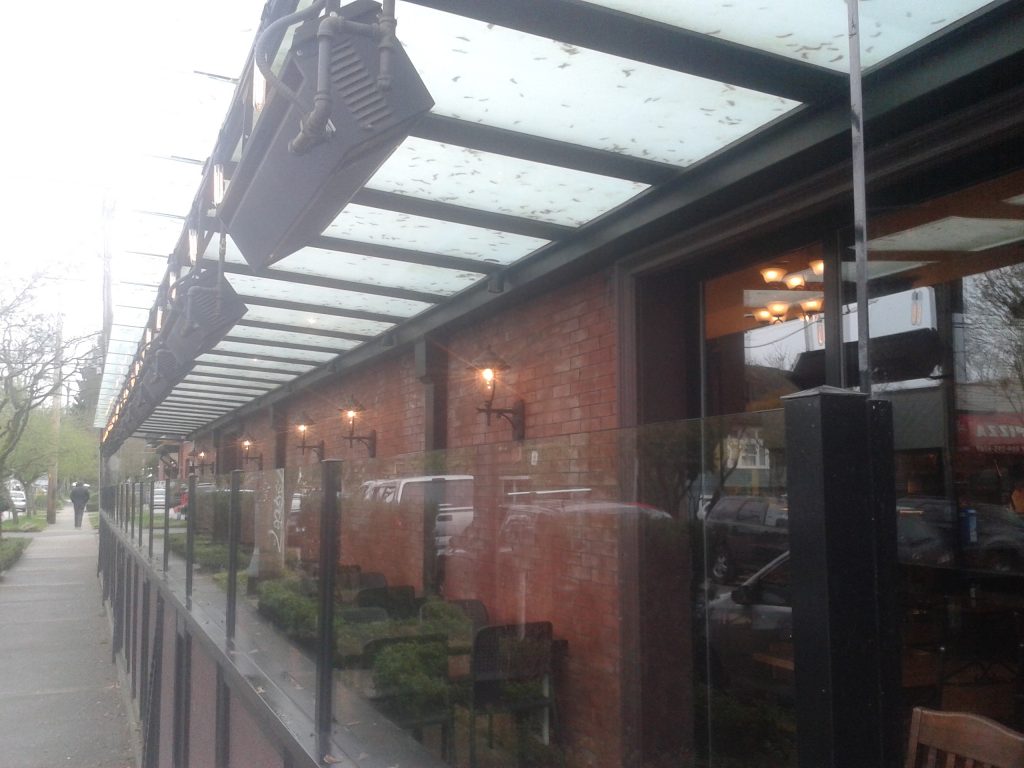Buildings are designed with little connection to the actual site and their surroundings, and vice versa, urban environments are environmentally disconnected from buildings. The research aims to create a platform to train students and investigate about how to support the design more comfortable and healthier outdoor environments, as well as how to design stronger environmental connections between buildings and their surroundings.
Goal – Support the design of built environments that encourage people to spend more time in outdoor spaces. This entails the ability to 1) model and map (characterize) outdoor microclimates, 2) examine applicable human thermal comfort models for outdoor environments, 3) monitor/measure actual microclimatic conditions and corresponding human comfort responses, and 4) correlate environmental factors to human thermal comfort votes and behaviors.


